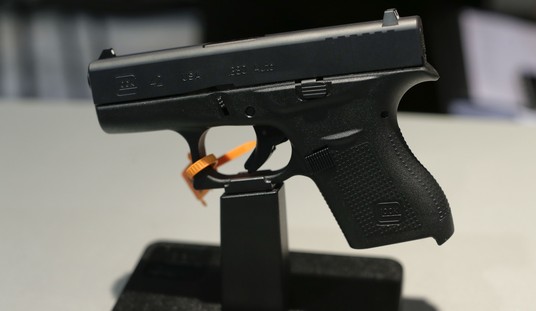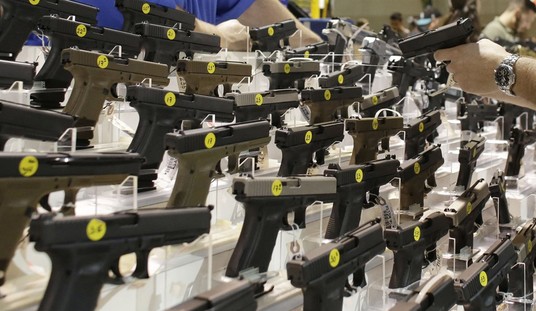When the state of Florida decided it would ban the same of long guns to people under the age of 21, anti-gunners rejoiced. Why wouldn’t they? There was gun control in the “Gunshine” state.
However, the National Rifle Association was less than amused. Instead, it stood ready to fight the law in the courts.
Unfortunately, it took a minor setback recently.
A federal judge reluctantly denied the National Rifle Association’s use of pseudonyms instead of plaintiffs’ real names in a challenge to a new Florida law placing age restrictions on gun purchases. U.S. District Judge Mark Walker acknowledged the group’s concern for privacy amid the volatile debate over guns, but explained the request for anonymity lacks precedent.
“[T]he NRA has not really identified any information of ‘utmost intimacy’ that would be revealed if Jane and John Doe were forced [to] use their real names,” Walker said in his order. “All we know so far is that they’re nineteen years old, they live in Florida, they’re members of the NRA, they haven’t been convicted of a felony, they haven’t been adjudicated mentally defective, they want to buy firearms, and they want to support the NRA with this lawsuit.”
In court documents, the NRA said it feared that its plaintiffs — two 19-year-old NRA members, one male and one female — would be subjected to harassment and threats if they were identified by name. The organization pointed to nasty emails received by state representative and former NRA president Marion Hammer to show what kind of vitriol the debate spurs.
But, Walker explained the legal use of a pseudonym has been limited to cases where the subject matter is sensitive or personal like religion, sexuality or involving a minor. Whereas the NRA’s case challenges the government over public policy, so there’s no reputational or economic risk involved for plaintiffs like there would be if they sued a private party.
I’ll be honest, I see both sides of the argument here.
The NRA has a point. At this time, anti-gun zealots will do anything to harass and destroy anyone and everyone who appears to be pro-gun. These two members have a legitimate concern here.
On the same hand, I see where the judge is coming from. He’s right about the use of pseudonyms historically.
However, where I think he’s wrong is that believing what was defined as “sensitive” historically is all that should be deemed sensitive now. There’s been a concerted effort to stigmatize gun owners to set up just the sort of harassment that the NRA fears. Gun ownership may, for some people, be a sensitive topic much like homosexuality was in past years. This is especially true if you reside in a very anti-gun community.
That said, let’s be clear here. Unless the two members absolutely refuse to be identified, this is a minor setback at worst. The judge has a point, and failing to make this point could open the entire case up to appeal should the state lose. I’d rather he get his stuff straight so there’s nothing for them to appeal.
In the meantime, let’s just hope these two members are in a position to allow themselves to be identified so this lawsuit can move forward.








Join the conversation as a VIP Member